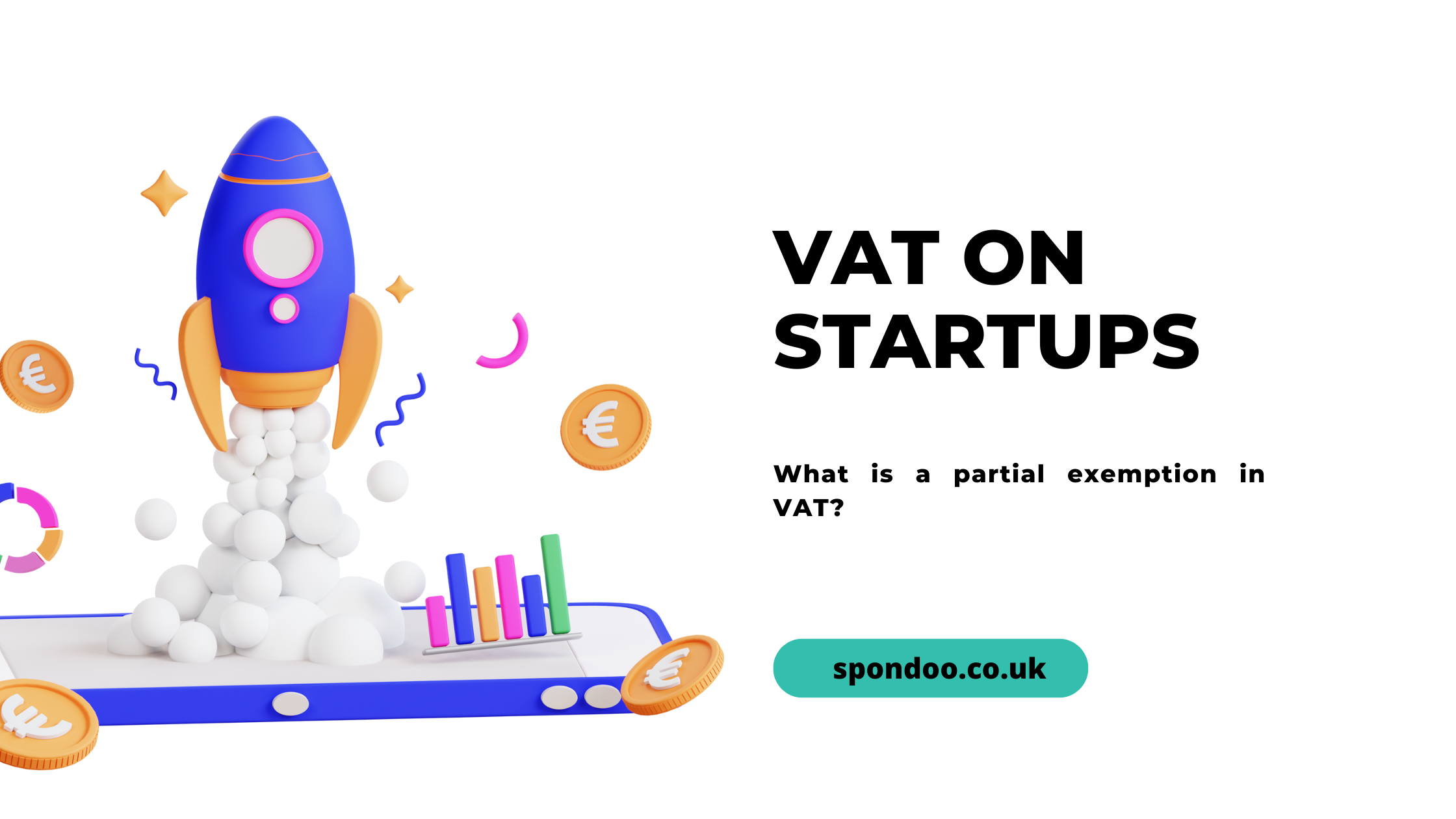
More often than not, UK technology start-ups are quite simple for VAT as their supplies are fully taxable as either a standard or zero-rated supply. In these instances, the decision to register for VAT from the outset tends to make sense as you can reclaim VAT refunds as your business incurs losses during the product development staging of your business lifecycle.
However, if you are building a fintech business, your world is likely more complex, as you need to be aware of what parts of the financial services sector your business serves. Many financial services businesses are exempt from VAT and as such cannot charge or reclaim any input VAT.
This article considers the partial exempt scenario where you need to consider whether or not you need to operate a hybrid VAT model. This means that some of your services are exempt from VAT, whereas other parts of your revenue-generating fees and payments are subject to VAT.
If this situation applies to your business, you may need to make partial exemption calculations because your business makes taxable and VAT-exempt supplies. If you do not, you may attract hefty HMRC penalties and fines.
Your business is deemed partially exempt if you make taxable as well as exempt supplies for VAT purposes. If you make exempt supplies, your risk falling into these two pitfalls:
However, the partial exemption calculation will help you determine the extent you can claim VAT on costs – it shows how you use your VAT on purchases to make sales.
To calculate how much input VAT you can claim, follow these three steps:
The first step is identifying the VAT incurred on purchases that you use or intend to use exclusively to make:
Note – your bookkeeping processes will need to track the purchases that directly relate to each of the above revenue streams.
Like any business, you will have other purchases that cannot be directly attributed to either your exempt or taxable revenues.
From steps 1 & 2 you should have then identified the relevant costs that fall into 3 categories where you will need to treat the input VAT on purchases in the following way:
There are two main ways you can use to distribute partially recoverable VAT:
The recoverable percentage of residual input tax is determined using this HMRC calculation:
| Value of the taxable supplies in the period (excluding VAT) | ||||
| × | 100 | = | Recoverable percentage of residual input tax | |
| The total value of supplies in the period (excluding VAT) |
If the standard method does not produce a fair and reasonable deduction of input tax, you must use the standard method override to adjust. Read more about this adjustment on HMRC’s VAT notice.
You can only use the special methods to calculate how much of your input tax you may recover if approved by HMRC. The method will be unique to your business and can contain any calculations or stages that are needed to make sure the calculation is fair and reasonable.
To apply for the special methods or change to a new one, contact HMRC via:
If your business has insignificant (based off simplified or annual de minimis tests) exempt input tax, the rule allows you to treat it as if it were taxable input tax and recover it in full. Your exempt input tax should not exceed:
You can read more about VAT partial exemption on HMRCs (VAT Notice 706).
You can also contact us for VAT advice, accounting and bookkeeping services.
